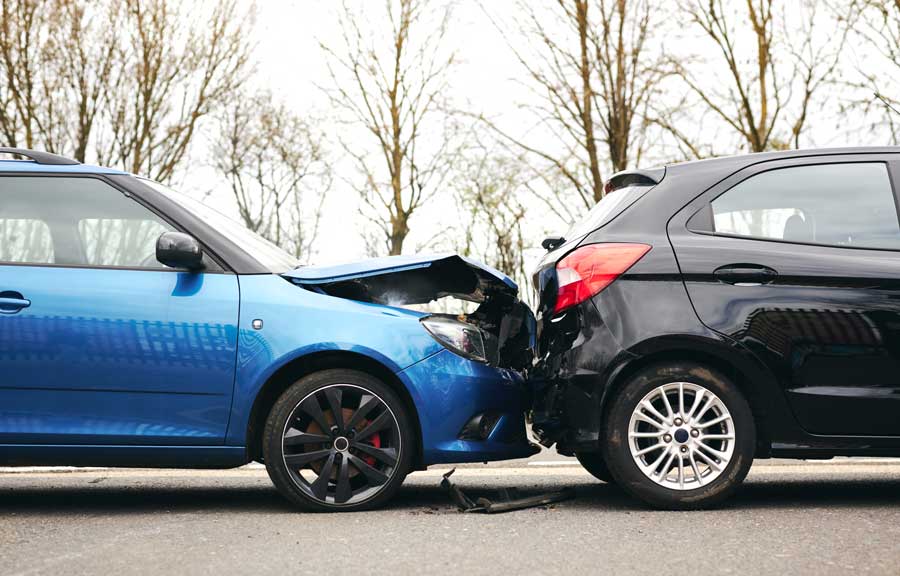Here in Sonoma County, where winding roads and varying weather conditions can challenge even experienced drivers, understanding collision damage types helps vehicle owners make informed decisions about repairs.
As your local auto body experts at Downtown Collision, we’ve created this simple guide to help you understand the various types of collision damage and their implications for repair.
| Collision Type | Key Considerations |
|---|---|
| Front-End Collision | Safety systems, structural integrity, mechanical components |
| Rear-End Impact | Frame alignment, trunk seal, electrical systems |
| Side Impact | Door function, airbag systems, structural reinforcement |
| Roll-Over Damage | Roof strength, glass replacement, comprehensive structural assessment |
Common Types of Collision Damage
Front-end collisions represent approximately 40% of all vehicle accidents, according to IIHS data. These impacts often affect crucial safety components and require specialized repair approaches. Our auto body repair services address everything from minor bumper damage to comprehensive structural repairs.
Side-impact collisions present unique challenges, particularly regarding door functionality and passenger safety systems. As an I-CAR Gold Class certified facility, we understand the complexities of maintaining proper crash protection while restoring vehicle aesthetics.
For larger vehicles, including RVs and commercial trucks, collision damage requires specialized equipment and expertise. Our RV repair services utilize our unique 80-foot paint booth facility to handle even the most extensive damage.
Impact Assessment and Repair Planning
Professional collision repair begins with a thorough damage assessment. Modern vehicles require specific repair procedures to maintain safety systems and structural integrity. Consider these crucial elements:
- Advanced driver assistance systems (ADAS) require precise calibration after collision repair
- High-strength steel components often need replacement rather than repair
- Paint matching must account for environmental factors and aging
- Structural repairs must follow manufacturer-specified procedures to maintain safety standards
When dealing with collision damage, professional assessment helps prevent long-term issues. While we complete repairs, we ensure continuous mobility for our customers through our loaner vehicles program.
Advanced Repair Techniques and Technology
Modern collision repair involves sophisticated technology and techniques. Our I-CAR Gold Class certification ensures we stay current with the latest repair methods.
Key technological advances in collision repair include:
- Computer-aided measuring systems for precise frame alignment
- Specialized welding equipment for high-strength steel
- Advanced paint matching systems for perfect color matching
- Digital imaging for detailed damage documentation
Third-party studies from I-CAR demonstrate that proper repair procedures significantly impact vehicle safety and long-term value.
Front-End Collision
Affects safety systems, structural integrity, and mechanical parts.
Side Impact
Challenges in door function, airbag systems, and structural strength.
Advanced Repair Techniques
Uses computer-aided systems, specialized welding, and precise paint matching.
Protection and Prevention
Understanding collision damage helps vehicle owners make better decisions about repairs and maintenance. Regular inspections can identify potential issues before they become serious problems. For professional assistance or to schedule an inspection, contact us to speak with our certified technicians.
Remember, as your partnership-owned local auto body repair provider, we’re committed to maintaining the highest standards of quality and service for our Sonoma County community. Whether you need minor repairs or major collision work, our team is here to help restore your vehicle to pre-accident condition safely and efficiently.

